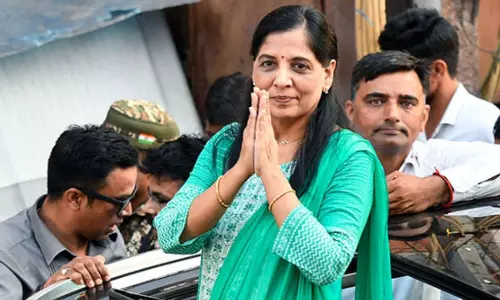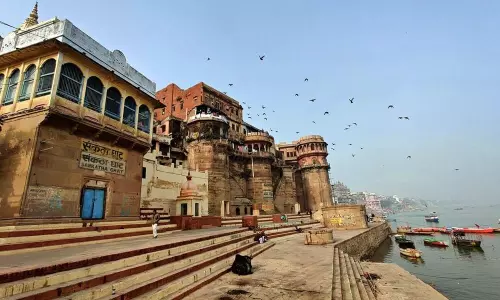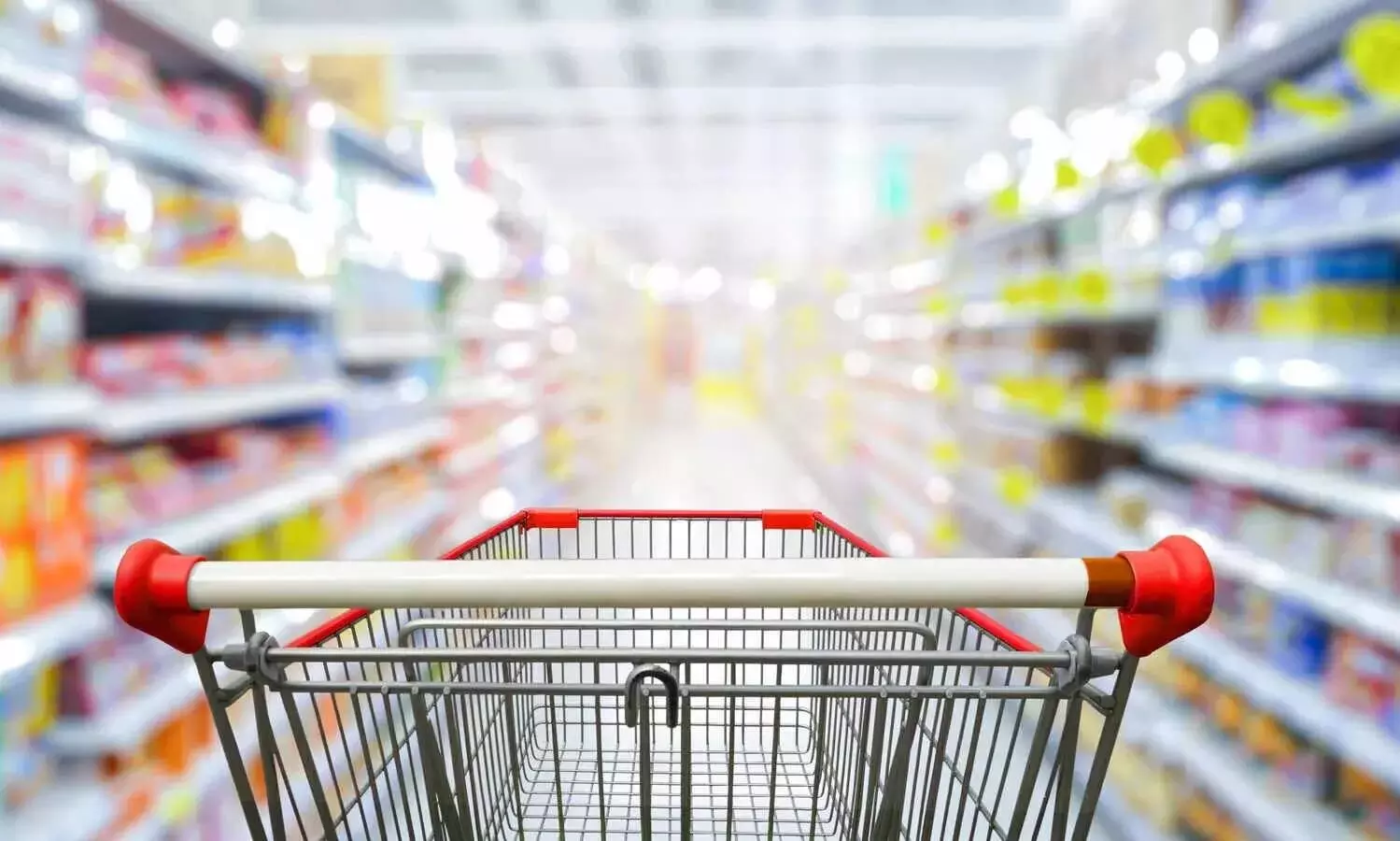
India's consumption growth hit by demonetization, GST, and COVID: Report
text_fieldsAmid celebrated indices on various parameters of the Indian economy, indicating economic growth, a recent report suggests that India’s consumption expenditure growth experienced a significant slowdown as an impact of the implementation of demonetization, the Goods and Services Tax (GST), and the COVID-19 pandemic.
A recent report by Nomura, based on the latest Household Consumption Expenditure Survey, reveals a notable decline in the compound annual growth rate (CAGR) for both rural and urban consumption compared to the preceding decade.
The analysis indicates that real rural consumption grew at a CAGR of 3.1% during 2012-23, down from 6.6% in 2010-12. Similarly, urban consumption witnessed a slide to 2.6% from 5.2% during the same period. In contrast, the 2005-10 period saw robust growth with rural and urban consumption expanding at CAGRs of 4% and 4.4%, respectively.
The report attributes this deceleration to three major shocks – demonetisation, the implementation of the Goods and Services Tax (GST), and the ongoing COVID-19 pandemic. Even after adjusting for inflation, the CAGR drop in real consumption expenditure suggests a systemic impact rather than an inflationary phenomenon.
Nomura's analysis further highlights a nominal growth trend favouring rural consumers over the last decade, with rural consumption experiencing a 164% increase compared to around 146% for urban consumption. This suggests a convergence in consumption levels, marking a departure from the 2000-12 period when rural consumption grew by 194%, slightly outpacing urban growth at 207%.
Interestingly, the report underscores a nuanced picture of inequality reduction, driven more by reductions in consumption among top spenders rather than increases among the bottom-most spenders. Urban India appears to be navigating this shift more favourably, with rural areas witnessing a 'middle-class bulge,' where maximum consumption growth occurs among the middle class.
Changing consumer trends also play a pivotal role in reshaping the consumption landscape. Over the past decade, Indian consumers have shown a preference for spending less on food and more on non-food and fuel categories, particularly in rural areas. The data reflects an increase in spending on beverages, processed food, fruits, conveyance, and durable goods, indicative of evolving consumer tastes and aspirational consumption.
However, the flip side reveals an uptick in spending on intoxicants, toiletries, household consumables, and entertainment, with a curious decrease in expenditure on clothing, footwear, and education.
The economic shocks of demonetisation and GST implementation have had a lasting impact on small and medium-sized businesses. While demonetisation accelerated digitalization for some, micro-industries faced instability, particularly those dealing primarily in cash transactions.
The complexities of the GST regime, while improving economic efficiency, have been critiqued for driving many small enterprises out of business and contributing to widespread job losses. Industry bodies from across the country cite significant hits to sectors such as readymade garments, gems and jewellery, leather, handicraft, and basic machinery manufacturing.
The COVID-19 pandemic further exacerbated economic challenges, with over 122 million people losing their jobs in a single month in April 2020. Small traders and wage labourers bore the brunt of these job losses, constituting around 75% of the affected population, according to estimates from the Centre for Monitoring Indian Economy.
As India grapples with the repercussions of these economic shocks and the ongoing pandemic, the evolving consumption patterns and changing consumer tastes underscore the need for adaptive economic policies and targeted interventions to rejuvenate growth and ensure a more equitable recovery.























